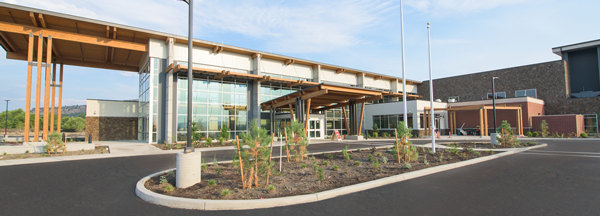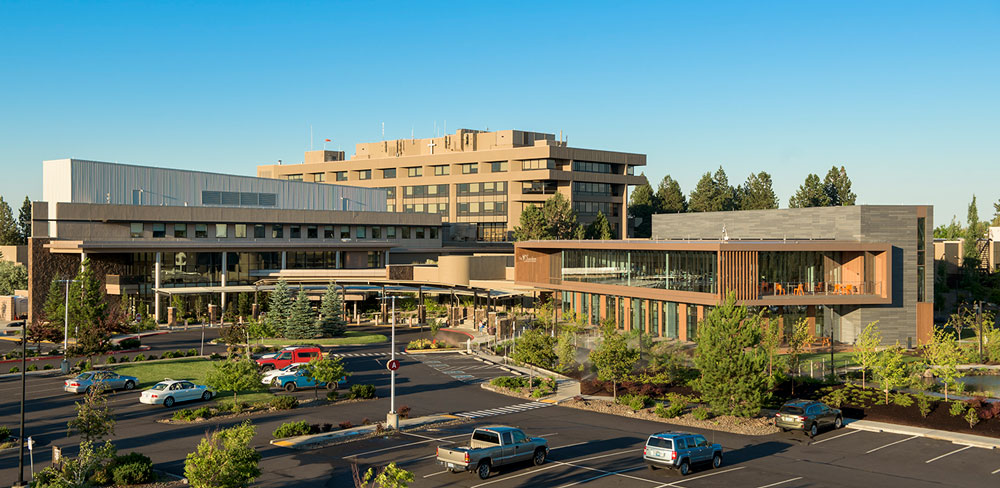What is Transitional Care?
The role of the program (also known as the Swing Bed Program) is to prepare a patient and their family members for their return to the community.
Physical therapy, occupational therapy, speech therapy, rehabilitative nursing, social services and an activities program are all provided. Your doctor and therapists will determine which services a patient needs and our staff will coordinate the services. Patients and families will also be part of this decision.
- Occupational therapists aim to improve the patient’s independence for functional mobility and their ability to perform Activities of Daily Living (ADL) such as dressing, grooming and toileting.
- Speech pathology may work to improve speech, language, thinking and swallowing skills.
- Physical therapists work with patients to regain strength, walking and mobility with or without a device such as a walker or a wheelchair.
What should you expect from Transitional Care?
- Increase your independence in self-care (getting dressed, grooming, bathing, toileting, etc)
- Actively participate in therapy sessions
- Walk or move with nursing staff
- Sit in a chair for all meals
- Gradually spend more time out of bed
- Participate daily in the activities program
What is the activities program?
The activities program is run by St. Charles volunteers and is overseen by an occupational therapist. It is designed to increase patient participation in everyday activities. This may include crafts, games, puzzles, etc. Transitional Care patients are expected to participate daily as a way to increase their mental stimulation and strength.
How can a family support their family member who is in Transitional Care?
- Encourage your loved one to do their best in therapy every day. This will be important for them to get as strong as possible.
- Please bring glasses, hearing aids and dentures. These items will help your loved one to progress in our program.
- Please provide clean, comfortable pants, shirts, undergarments and shoes for each day. Sweat pants and front buttoning or zippered shirts and jackets are great. Our staff will encourage patients to get dressed each day. This is an important step to make the patient feel that they are moving to a different, more active level of care.
- Encourage participation in all therapy and activities. Most patients qualify for our Transitional Care either because of their need for daily skilled nursing care and/or to receive daily skilled therapies. Full participation in daily therapies is also very important so that insurance will continue to pay for the stay. Our goal is to get our patients as strong as they were before they became sick or injured. Be a part of the family and caregiver training before the patient leaves our care. We want to make sure that the move home is as safe and smooth as possible.
How does the patient and family prepare for the return to the community?
While 77% of patients are able to return home, most of these patients need help from either family, friends or hired caregivers in order to return to the place they lived before they became sick or injured. Sometimes patients may need help up to 24 hours a day. The amount of care required at discharge often makes a difference in where and when the discharge happens. If too much care is needed at home and there are not enough people to provide assistance, patients and families may need to change their living situation. Our social worker or case manager will assist the patient and family with discharge planning including obtaining any needed equipment.
How can family or caregivers help after discharge?
When a caregiver is selected, whether that is family, friends or hired help, the admissions coordinator will need to speak with the selected caregiver. All caregivers need to understand their role in caring for the patient once the patient is discharged from Transitional Care.



